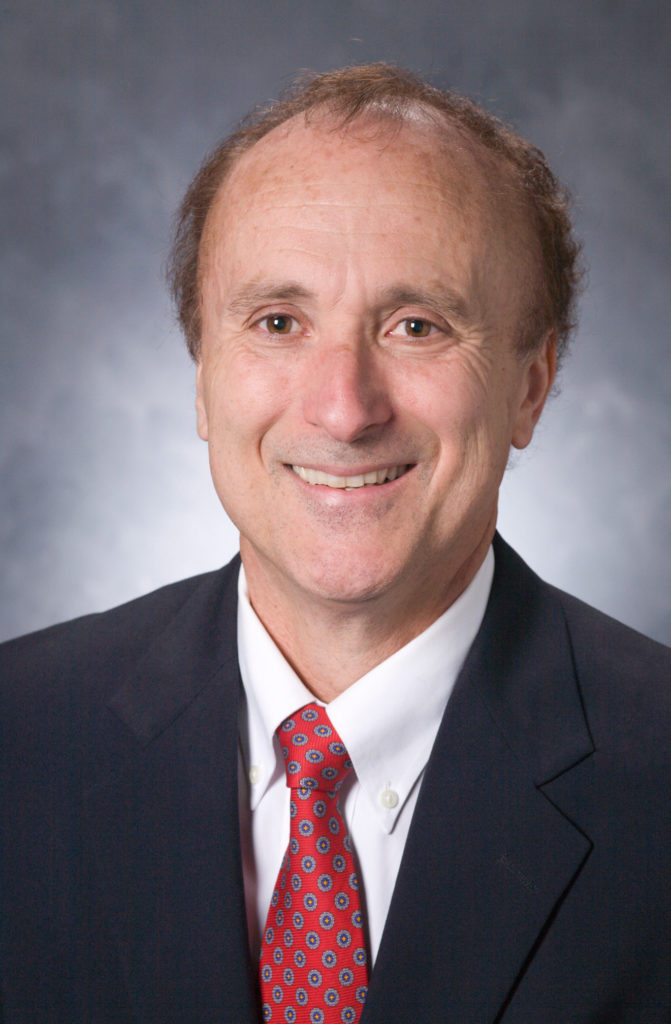Cairo/Grady County is the newest community to partner with UGA through its Archway Partnership and the University System of Georgia to enhance local community economic development.
“Located on Highway 84 along the Florida border, Cairo/Grady County represents a great opportunity to enhance community economic development in southwest Georgia and to improve the quality of life for the county’s citizens,” said Mel Garber, director of the Archway Partnership.
Founded in 2005, the Archway Partnership is an initiative to strengthen UGA’s land-grant mission by taking a grassroots approach to meeting locally identified community
economic development needs. It creates “portal” counties through which UGA’s teaching, research and service missions can address community-driven issues.
Since its inception, the Archway Partnership has worked with eight communities. In July, Colquitt County officially became the Archway Partnership’s first alumni community. Colquitt County will continue its commitment to UGA with a sustained relationship with the College of Public Health. Cairo/Grady County is the ninth community to form an Archway Partnership.
“The community’s goals are our goals,” said Sue Chapman, Archway operations coordinator. “We will work with Cairo/Grady County to determine its priority goals and then focus higher education resources toward achieving those goals.”
In an Archway Partnership, the community drives the priority need process. Throughout the establishment of the Cairo/Grady County partnership, residents will have the opportunity to participate in listening sessions and town hall meetings. The Archway Partnership will facilitate access to UGA faculty and student expertise to address the identified priority.
“We are delighted to establish a formal relationship with Cairo/Grady County through the Archway Partnership,” said Jennifer Frum, interim vice president for public service and outreach. “Through Archway, the community will have full access to the knowledge and expertise of the university. In turn, by working collaboratively with a cross-section of stakeholders from the community, UGA faculty and students will gain important understanding of real-time, critical community and economic development issues.”
